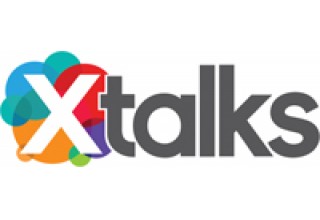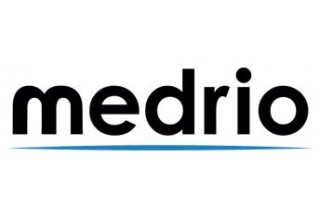Data Validity and Regulatory-Grade Real World Evidence, New Webinar Hosted by Xtalks

TORONTO, September 17, 2018 (Newswire.com) - Is data that is accumulated from randomized controlled trails sufficiently valid to support a conclusion? In this live webinar upcoming on Oct. 3, 2018 at 1 p.m. EDT (10 a.m. PDT), our featured speaker Dan Riskin, CEO of Verantos will discuss various types of real-world evidence and how to think about data validity.
Learning objectives:
- In what ways are registry-based and electronic health record-based studies different?
- What constitutes a valid real-world study?
- How has regulatory guidance evolved related to real-world evidence?
- What resources are available to pharma to better leverage real-world evidence?
Real world evidence types:
Registry-based studies require that a person at or near the point of care enter data related to patient encounters. The strength of this type of study is the high accuracy of the data entered. The weakness is the lack of scale and flexibility. It is labor intensive and questions must be known in advance to assure proper data elements are captured.
EHR-based studies use existing data sets to extract and follow patient cohorts. The strength of this type of study is scale and flexibility. Expanding the sample size or changing the parameters studied can often be done computationally. The weakness is the need for data accuracy assessment, often requiring advanced technologies such as natural language processing and artificial intelligence to achieve adequate accuracy.
Real world evidence uses:
Current uses of real-world data often focus on trial recruitment or internal company insight. When real-world data are used for trial recruitment, patients are randomized after recruitment, which may wash out the effects of biased recruiting methodology. When real-world data are used for internal company insight, trends are sought more often than hard evidence.
As real-world data are increasingly used for regulatory and reimbursement filings, data validity becomes a larger issue. In a registry-based study, is the patient population applicable to the future treatment population? Is the sample size sufficient to power subgroup analytics or comparative effectiveness? In an EHR-based study, is the underlying data sufficiently accurate to justify the clinical conclusion?
Conclusion:
Data validity assessment is not new. Whether a clinical assertion is made through a randomized controlled trial or real-world evidence, the assertion must always be carefully considered and validity of the assertion assessed.
The field of real-world evidence is moving forward rapidly. Clinical, technical, and statistical techniques are evolving to meet current demands. Understanding these techniques represents a critical step toward using real-world evidence properly and implementing regulatory-grade real-world evidence studies.
For more information about this complimentary webinar visit: Data Validity and Regulatory-Grade Real World Evidence.
ABOUT XTALKS
Xtalks, powered by Honeycomb Worldwide Inc., is a leading provider of educational webinars to the global life science, food and medical device community. Every year thousands of industry practitioners (from life science, food and medical device companies, private & academic research institutions, healthcare centers, etc.) turn to Xtalks for access to quality content. Xtalks helps Life Science professionals stay current with industry developments, trends and regulations. Xtalks webinars also provide perspectives on key issues from top industry thought leaders and service providers.
To learn more about Xtalks visit http://xtalks.com
For information about hosting a webinar visit http://xtalks.com/why-host-a-webinar
Contact:
Nima Rajan
Tel: +1 (416) 977-6555 ext 352
Email: nrajan@xtalks.com
Source: Xtalks

